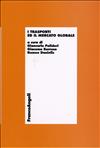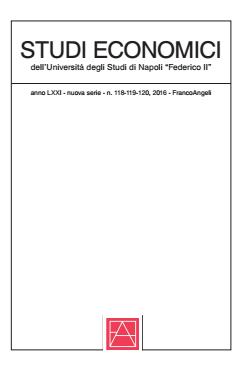
The design and regulation of highway tariffs may be quite different depending upon the objectives pursued by the State. If the aim is to protect consumers, tariffs should be tied to the concessionaire’s profit and revised frequently. Instead, fixing the tariff in advance for the entire period of the concession is a better solution if the State’s purpose is to maximize the sum obtained from assigning the concession. Features and merits of the two regulatory systems are discussed, including the problems raised by new investments and unexpected events. The price cap appears to be an intermediate solution which fails however to promote productivity and cost reductions, while making regulation more difficult. In the light of the above, the paper describes the evolution of tariff regulation in Italy, from the origin to present time.






